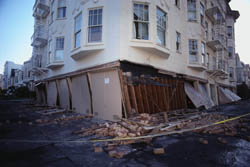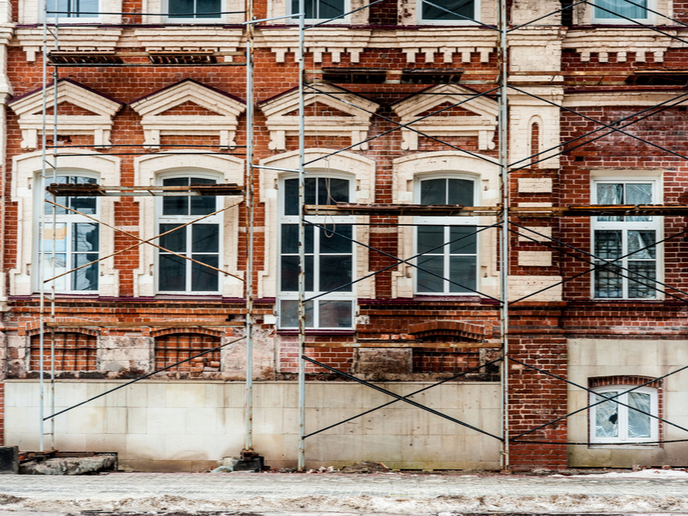Greece leads in seismic research
Supported by urban migration and a strong tourism sector, Greece's construction industry has boomed in recent decades. At the same time, the nation is known for its seismic activity, creating a strong tradition in building earthquake-resistant structures and improving building techniques. The country's eastern region, home to Greece's third largest city of Patras which is also known for its formidable university, represents an especially earthquake-prone zone. Against this backdrop, the EU-funded project 'Advanced centre of excellence in structural and earthquake engineering' (ACES) helped upgrade and strengthen the university's capabilities in seismic research. To achieve its aims, the project hired three post-doctoral researchers and procured pivotal equipment such as fast servohydraulic force actuators and advanced controllers, developing sophisticated seismic testing capabilities. Moreover, the project team built a cluster of 12 nodes (parallel processors) to simulate seismic fault rupture and wave propagation in 3 dimensions. It then enhanced a fire testing furnace on the premises to test different materials, representing a unique testing facility not only in the country but across the Balkan and eastern Mediterranean region as well. In its bid to enhance the centre's capabilities in structural engineering, ACES organised an international workshop on performance-based earthquake engineering with the world's top experts in the field. It also hosted a workshop on innovative materials and techniques in concrete construction, which involved experts in concrete from around the world. The centre also extended to the global scientific community web-based, real-time access to testing at the structures lab and to a database for each testing campaign. The centre's progress and the project's outcomes were published in a series of peer-reviewed papers and reports. ACES also published an online guide for bridge design with emphasis on seismic aspects, in addition to contributing to the EN-Eurocode8 for seismic design of buildings. By enhancing the excellence, competitiveness and international standing of the University of Patras in the field, the project has enabled researchers and policymakers to improve earthquake resistance of new structures. The knowledge being generated at the centre will improve design and construction practices in this respect, making them more cost effective as well. This will help ensure sustainability and economic viability of Greece's seismic hotspots, as well as benefit the world's knowledge base on pre-empting earthquake destruction.





